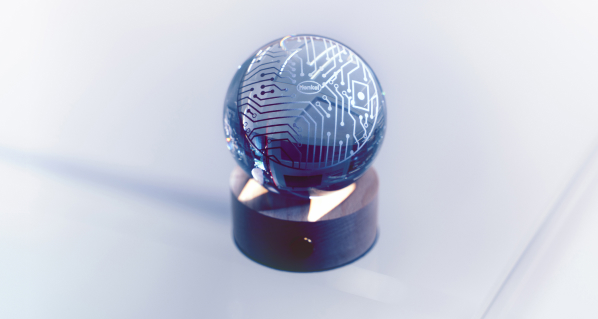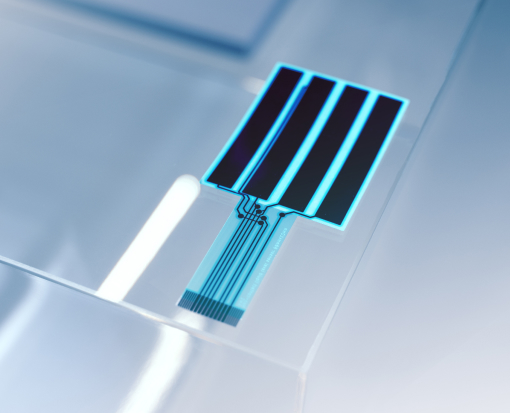
Enabling scalable sensor integration for smart buildings
The integration and scale of new IOT sensor technologies is often associated with long innovation cycles, especially when concerning existing building infrastructures. This is where printed electronics, the process of printing conductive inks onto flexible substrates to create lightweight and thin circuitry creates a new range of possibilities to industries enabling the transformation of buildings to become "smart".
The Power of Printed Electronics - Together with LAIIER®:
Combining the scalability of printed electronics and building materials contemporary sensing techniques opens up an incredible range of possibilities for predictive, preventative, and responsive maintenance that can be retrofitted or integrated into the building environment. Together Henkel and LAIIER® aim to transform simple building surfaces into smart surfaces.
As an industry-leader in printed electronic materials, Henkel's product portfolio comprises a variety of different conductive, resistive, dielectric, PTC (Positive Temperature Coefficient), and shielding inks suitable for printed sensors. Printed electronics offer a large scope of design freedom to smart surface implementation, due to their lightweight and flexibility in application.
LAIIER® is focused on improving performance, lowering maintenance costs and reducing the waste of buildings and facilities by implementing seamlessly connected sensors. Their Surface to Cloud™ platform addresses a range of use cases in the smart building and facility starting with water leak detection and non-contact liquid level measurement.

